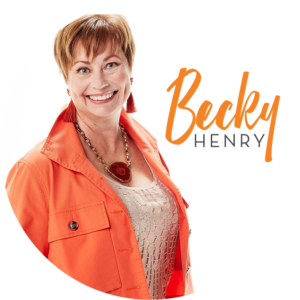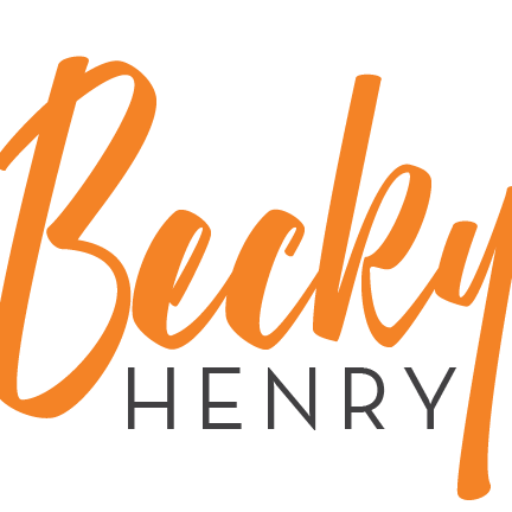 A family caregiver’s role is important no matter the age of the child.
A family caregiver’s role is important no matter the age of the child.
We don’t stop loving or caring about our child just because they hit the magical age of 18. See my photo here of Dr. Adele LaFrance’s slide on the research on involving caregivers in treatment.
Parents of those over 18 experience extra helplessness due to the fact that their child is now a “legal adult” in society.
When I recommend these parents can help their child by doing their “parallel process” it can be confusing as to what that might look like. I’ve written previous blog posts on this so this one will be very to the point and has 10 ways caregivers can do their parallel process.
- Hope – Hold onto and nurture hope in yourself and your adult child. We never know what the tipping point will be for each person.
- Boundary Setting -Have clarity on your values so you can set expectations/boundaries more easily.
- Boundary follow through -Follow through on consequences of agreed upon expectations is vital, it is not punitive.
- Fear – Be aware of when fear is driving decisions and when your wise mind is doing so.
- Distress Tolerance – Learn skills to feel calm and confident to reduce your distress and be able to tolerate your child’s distress.
- Communication – Become effective at tools to communicate with your adult child and their treatment team.
- Self-Care – Extreme and massive self-care will help you keep your oxygen mask FIRMLY in place. This is NOT selfish – it is essential.
- Emotions – Doing our own work with addressing our own emotions not only models this for our kids, it also helps us be more calm, compassionate and confident.
- Education – learn about Health At Every Size (HAES) and why weight stigma fuels the ed. My motto – Ed(ucation) stops
 Ed. 😉
Ed. 😉 - Enabling – Get support to learn what it is and how it doesn’t help and what to do differently. It’s hard when it feels like a train is coming straight at your kid.
Doing any or all of these things is easier said than done. You don’t have to do it alone. We’ve created the HUG Kits and the Recovery Roadmaps webinar series, “Going From Panic to Plan” to help you more easily learn all of these important roles.
The pandemic has highlighted our broken health care system and has created a mental health crisis. I know that many of you are not able to access treatment due to providers and centers being full. My practice is on a wait list at the moment as well so I encourage you to utilize the at home, online learning tools we’ve created for you. I do have my Referral Partner Andrea Kurilla, MPH RDN LD to take on clients so you can still reach out and we can see where you might get the needed support in addition to the online tools.

